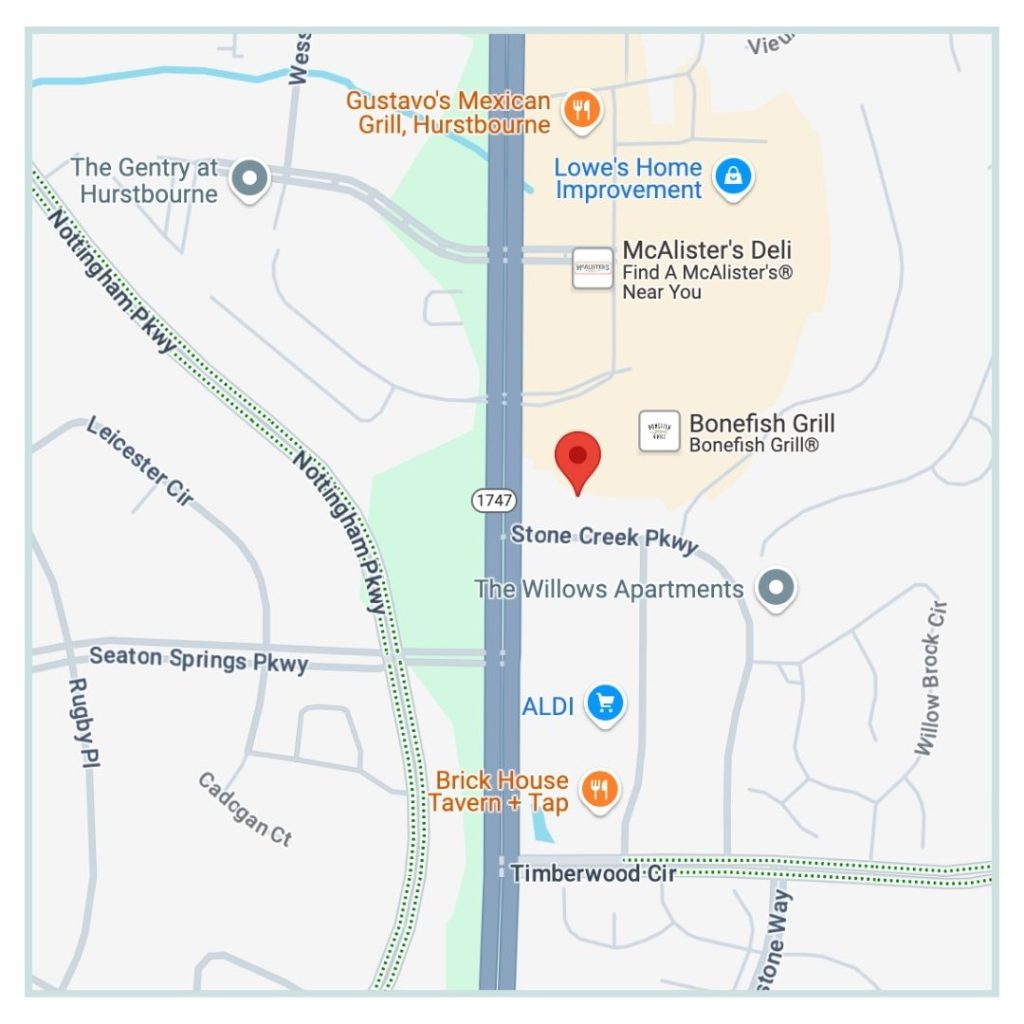The Certainties Of Death And Taxes
The Certainties of Death And Taxes
By Kelly Gannott, Partner at Kentucky ElderLaw, PLLC
Lots of people come to our office asking about estate taxes. Most of the time, they are both happy and sad to learn they will not owe estate taxes. They smile because it means they won’t owe taxes, but they’re sad because they don’t have an estate that is worth taxing.
No one in the “99 percent” has to worry about estate taxes. Currently, there is no estate tax on the first $5 million-plus in an estate. I, too, am sad I do not have a taxable estate!
But our conversation does not end there. Two other types of taxes may apply.
The estate tax is a federal tax. Kentucky is one of only a few states left that still imposes an inheritance tax on some beneficiaries. Spouses, parents, grandparents, children, grandchildren and siblings of the person who died do not owe any inheritance tax. How much others owe depends on how they were related to the person who died and how much they inherit. For instance, if the beneficiary is a niece by blood, and she inherits $10,000, she would pay $360 in inheritance tax, while a niece by marriage would pay $570. See KRS 140.070, 140.022 and Revenue Policy 92P330. The Kentucky Department of Revenue has an informative Website on the inheritance tax.
Inheritance tax will be due even if the estate did not have to go through probate. For instance, if the nieces above were listed as beneficiaries with the bank on their aunt’s CD, that CD does not have to go through probate. Still, the nieces have to pay inheritance tax.
The last tax to consider is income tax. That tax often comes up when a beneficiary holds on to assets for a while and then sells them. For instance, if a mother left her home to her son in her will and the son waits a year to sell the house, it may be worth more when he sells it than it was when his mother died. The son would owe income tax (actually, capital gains tax, in most instances) on that gain.
So, death is certain and taxes are certain, but taxes at death are not certain, for some beneficiaries, at least.



